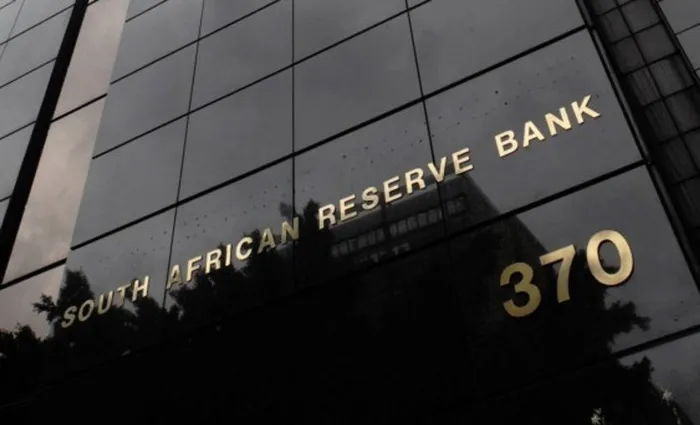Critique of South Africa's economic policies: A call for change

Professor Sandile Swana, Principal Consultant at the Centre for Strategic Leadership, has condemned governmental policies as "anti-Black", asserting that these strategies are exacerbating the country’s existing economic crisis rather than alleviating it.
Image: Bloomberg
In critiquing South Africa’s economic landscape, Professor Sandile Swana, Principal Consultant at the Centre for Strategic Leadership, has condemned governmental policies as "anti-Black", asserting that these strategies were exacerbating the country’s existing economic crisis rather than alleviating it.
Swana highlighted the systemic challenges facing Black South Africans, particularly in light of the alarming rate of unemployment ravaging especially the African and 'Coloured' communities.
“The South African eco-system is anti-Black,” he stated, arguing that the macroeconomic policies of the elected government and the Government of National Unity (GNU) have perpetuated conditions ripe for despair.
Swana's remarks underlined a broader societal malaise.
“Black men are being emasculated and incarcerated, and our youth are in a perpetual drug-induced stupor,” he said in calling for a radical re-examination of the support structures available for young Black men.
He lamented the absence of role models akin to the revered figures of the past like Steve Biko and Oliver Tambo. “We need to produce them,” he insisted.
Swana also proposed that a Black Peoples Convention might be necessary to address crucial issues surrounding wealth creation, productivity, morality, and heritage.
“We cannot outsource that to anyone else,” he firmly stated, advocating for a community-led approach to long-term viability and cultural integrity.
Labour expert Michael Bagraim echoed similar sentiments, highlighting that South Africa has faced over three decades of diminishing returns in employment figures.
“Current policies are failing citizens miserably,” Bagraim asserted, pinpointing the last fifteen years as particularly detrimental, with many industries on the verge of collapse.
Bagraim pushed for a fundamental rethink of these policies, proposing that a collaborative dialogue between government and business could reshape the current labour landscape.
Drawing attention to the National Economic Development and Labour Council (Nedlac), he emphasised its capabilities in fostering discussions aimed at restructuring the labour legal framework: “We already have a body that is set up especially for dialogue.”
Pointing out the changing dynamics of the economic system, Bagraim also noted that proposed amendments to the Labour Relations Act and Basic Conditions of Employment Act could be pivotal for addressing regulatory burdens.
“We need to de-regulate the small business environment,” he said, arguing that job creation was heavily reliant on the burgeoning small business sector.
As calls for deregulation and reduced government oversight intensify, Bagraim's conclusion stands stark: pursuing alternative community dialogues may merely waste time and resources, rather than bring tangible change.
DAILY NEWS